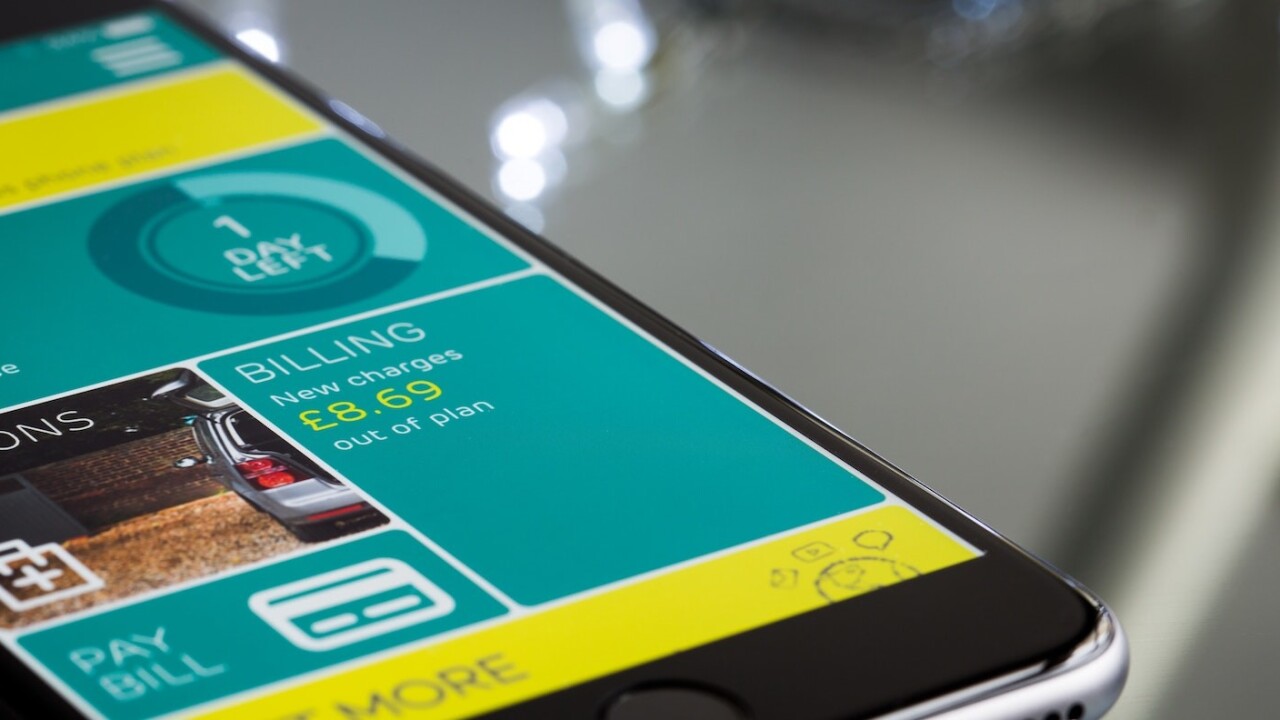
It can be tempting to continually build new features, options and details into your products. You want to give your customers even more value but you may be falling short on your current products that got you where you are today.
To find out why you should stop building new features and make your current product line the best it can be, I asked a panel of entrepreneurs from YEC the following question:
How and when did you realize that it was time to focus on your existing product and stop building new features for it?
Their best answers are below:
1. When sales start ramping up
 When you notice that people are starting to buy your product through wherever you are starting to offer it, including even a crowdfunding platform, or if they are asking when they can buy it, you need to start focusing on that rather than building more features. – Serenity Gibbons, Naacp
When you notice that people are starting to buy your product through wherever you are starting to offer it, including even a crowdfunding platform, or if they are asking when they can buy it, you need to start focusing on that rather than building more features. – Serenity Gibbons, Naacp
2. When you risk losing a client
 Early customers are amazing! They push you to develop new features and will be patient with bugs. After the earliest stages, instead of prioritizing new customer growth, we focus on retaining customers. The signal for us to stop and fix issues is when we risk losing a client. That means that our drive to innovate is at the detriment of the core values we offer. – Aaron Schwartz, Passport
Early customers are amazing! They push you to develop new features and will be patient with bugs. After the earliest stages, instead of prioritizing new customer growth, we focus on retaining customers. The signal for us to stop and fix issues is when we risk losing a client. That means that our drive to innovate is at the detriment of the core values we offer. – Aaron Schwartz, Passport
3. When you have bugs critical for performance
 We’ve spent quite a bit of time focusing on improving the current experience for customers rather than introducing new features. A product should perform optimally for its immediate purpose (the reason customers are buying it) first and foremost before anything else. A good quality product that performs its basic purposes will sell itself. – Andy Karuza, FenSens
We’ve spent quite a bit of time focusing on improving the current experience for customers rather than introducing new features. A product should perform optimally for its immediate purpose (the reason customers are buying it) first and foremost before anything else. A good quality product that performs its basic purposes will sell itself. – Andy Karuza, FenSens
4. If you’re getting stuck
 Last year, I spent thousands of dollars investing in touchscreen and app technology that people where not asking for. The result was wasted time and money that could have been focused on selling our core product, which was already proven to do well. In situations like these, I like to revert back to my saying of ‘put the shutters on and focus on the end goal.’ – Jessica Gonzalez, InCharged
Last year, I spent thousands of dollars investing in touchscreen and app technology that people where not asking for. The result was wasted time and money that could have been focused on selling our core product, which was already proven to do well. In situations like these, I like to revert back to my saying of ‘put the shutters on and focus on the end goal.’ – Jessica Gonzalez, InCharged
5. If it slows down your growth
 When development of new features starts affecting other areas of the business, like your marketing budget, and creates slow growth, you need to look and decide whether or not you should continue development. We knew we had a great product in our app, but the constant building limited what our marketing budget could be and slowed down our growth, so that’s when we took a step back. – Brian David Crane, Caller Smart Inc.
When development of new features starts affecting other areas of the business, like your marketing budget, and creates slow growth, you need to look and decide whether or not you should continue development. We knew we had a great product in our app, but the constant building limited what our marketing budget could be and slowed down our growth, so that’s when we took a step back. – Brian David Crane, Caller Smart Inc.
6. If your customers tell you to stop
 When we focused too much on features, we found that our customers’ feedback really guided us back. It was the ‘North Star,’ which focused us back on our existing product. We were getting distracted by our competition and all the other bells and whistles they offered. Even though we knew our core product was better, we felt we had to compete. Once we got back to the core, we saw an immediate market response. – Baruch Labunski, Rank Secure
When we focused too much on features, we found that our customers’ feedback really guided us back. It was the ‘North Star,’ which focused us back on our existing product. We were getting distracted by our competition and all the other bells and whistles they offered. Even though we knew our core product was better, we felt we had to compete. Once we got back to the core, we saw an immediate market response. – Baruch Labunski, Rank Secure
7. When new features stop customer retention
 The biggest motivator for me when developing new features for a product is customer retention. If my team devotes effort and resources into ancillary features, it should satisfy current customers. So when it reaches the point where new features cost the same or more than usual but stop increasing customer retention, I know it’s time to switch to a different tactic. – Bryce Welker, Crush The PM Exam
The biggest motivator for me when developing new features for a product is customer retention. If my team devotes effort and resources into ancillary features, it should satisfy current customers. So when it reaches the point where new features cost the same or more than usual but stop increasing customer retention, I know it’s time to switch to a different tactic. – Bryce Welker, Crush The PM Exam
8. When you have features no one else has
 It’s always important to keep up with what your customers want, but sometimes, companies will branch out too much and overcomplicate their product. Once we had some features no one else had, we knew it was ready to go. – Jared Atchison, WPForms
It’s always important to keep up with what your customers want, but sometimes, companies will branch out too much and overcomplicate their product. Once we had some features no one else had, we knew it was ready to go. – Jared Atchison, WPForms
9. If your product is making customers leave
 There’s no use adding features to a product which is not perfect. At one point, our customer churn was 5%; something in our product was making them leave. Hence, instead of adding new features, we worked on our product and built a proactive support team. We contacted our customers to understand their pain points and used this feedback to improve our product. Result? Churn rate came down to 2.5%. – Liam Martin, TimeDoctor.com
There’s no use adding features to a product which is not perfect. At one point, our customer churn was 5%; something in our product was making them leave. Hence, instead of adding new features, we worked on our product and built a proactive support team. We contacted our customers to understand their pain points and used this feedback to improve our product. Result? Churn rate came down to 2.5%. – Liam Martin, TimeDoctor.com
10. When the market tells you to stop
 When considering where to deploy your resources and focus your energies in building your business and related products, the market always has the clearest answer. Dig deep into the data — what portions of your business are the ‘stickiest’ with your customers? Which keeps them coming them back? By looking at the financial and customer-performance numbers, the market is always happy to tell you where you should spend your energy and future investments. – Daniel Reilly, B2X Global
When considering where to deploy your resources and focus your energies in building your business and related products, the market always has the clearest answer. Dig deep into the data — what portions of your business are the ‘stickiest’ with your customers? Which keeps them coming them back? By looking at the financial and customer-performance numbers, the market is always happy to tell you where you should spend your energy and future investments. – Daniel Reilly, B2X Global
11. Don’t stop improving your product
 We started selling our products as soon as we had our minimum viable product. However, it’s important to continue improving your product as you’re selling it. The last thing you want to do is not listen to your customers and watch the competition pass you by, taking your customers with them. – Syed Balkhi, WPBeginner
We started selling our products as soon as we had our minimum viable product. However, it’s important to continue improving your product as you’re selling it. The last thing you want to do is not listen to your customers and watch the competition pass you by, taking your customers with them. – Syed Balkhi, WPBeginner
Get the TNW newsletter
Get the most important tech news in your inbox each week.




